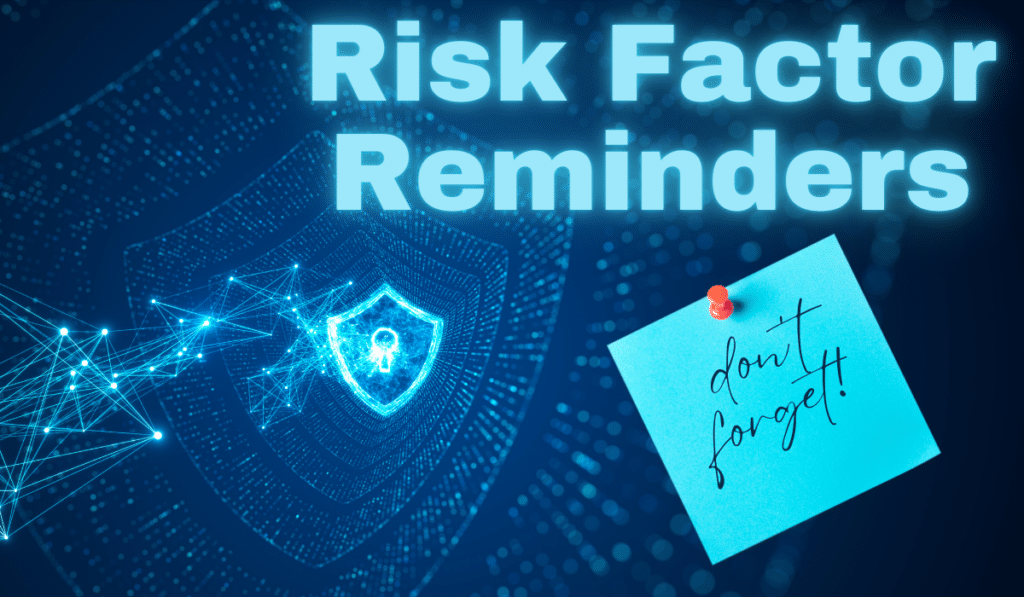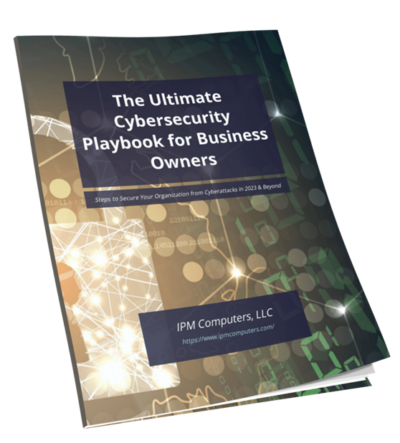Small and medium-sized businesses (SMBs) are always at risk to be a target for cybercriminals. And many still believe that their business is “too small” to be targeted by cybercriminals. Or that their employees are not a risk factor to their cybersecurity. However, the truth is that cybercriminals target SMBs because they are often easier targets than larger organizations. So are employees a risk to a business’s cybersecurity? And do their personal account information and behaviors outside of work play a role? Let’s take a look at the common issues that contribute to this risk.
Password reuse
One of the most common ways criminals gain access to a business’s data is through password reuse. Employees often use the same password for multiple accounts, including their personal accounts. If a cybercriminal gains access to an employee’s personal account, they can use the same password to access their work accounts. This can result in a major data breach, as they can then access and steal sensitive business information or possibly access financial accounts.
Phishing attacks
Phishing attacks are another common way to gain access to a business’s data. Cybercriminals use social engineering tactics to trick employees into giving up their login credentials. These attacks can come from anywhere, including an employee’s personal email or social media account. Once the cybercriminal has access to an employee’s login credentials, they can use them to gain access to a business’s systems.
Malware infections
Employees can also inadvertently (and unintentionally) infect a business’s systems with malware. This can happen when they visit a website or download an attachment that contains malware. This can cause significant damage to a business’s systems, including stealing sensitive data or even rendering a system unusable.
Public Wi-Fi
Employees who use public Wi-Fi networks can also put a business’s data at risk. Public Wi-Fi networks are often unsecured, which means that criminals can intercept data transmitted over these networks. Again, this can include sensitive business information, login credentials, and financial data.
Social media
Employees’ behaviors on social media can also put a business’s data at risk. Cybercriminals often use social media to gather information about their targets. If an employee posts sensitive information about a business on social media, cybercriminals can use that information to launch a targeted attack.
It is important to recognize that employees are a significant factor in a business’s cybersecurity. And that means with their personal account information and behaviors outside of work. SMBs must educate employees about the importance of cybersecurity and the potential risks associated with their online behaviors in the office, and at home. Implementing policies and procedures to protect a business’s data, such as requiring strong passwords, limiting access to sensitive data, and using two-factor authentication can help. If you are an MSP that wants to strengthen your security stack with end-to-end solutions, Breach Secure Now can help.
The post Risk Factor Reminders appeared first on Breach Secure Now!.





